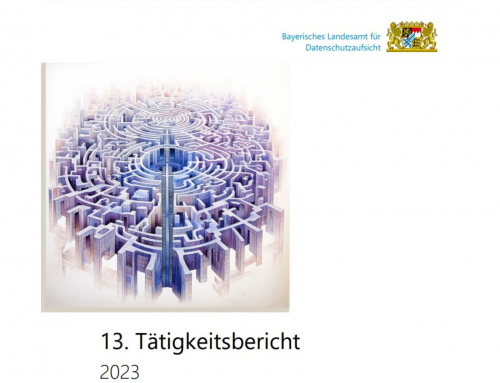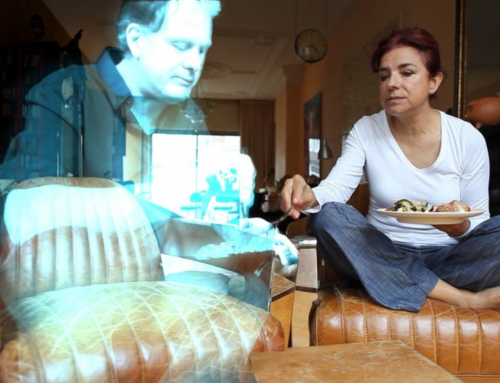No breach of the GDPR: Anyone who wants to report a parking offence is allowed to photograph the vehicle and send the photos to the police. This was decided by the Ansbach Administrative Court in two landmark decisions (Ref.: AN 14 K 222.00468 and Ref.: AN 14 K 21.01431).
Specifically, the cases involved two men who had photographed and reported parking violations to the police in 6 and 17 cases, respectively. But the transmission of the corresponding evidence photos did not remain without consequences. Heiner Fuhrmann and Andreas S. received a warning from the State Office for Data Protection Supervision and were each ordered to pay a fine of 100 euros. The two men took legal action against this before the Ansbach Administrative Court, which upheld their claims.
Is there a legitimate interest?
The Administrative Court combined the two proceedings into one hearing due to the identical issues. The ruling: The transmission of the photos was a lawful data processing operation – and not a violation of the General Data Protection Regulation (DSGVO for short). In particular, it was disputed whether the reporting party had to be personally affected in order for the photos to be transmitted without penalty, or whether it was in the public interest to report parking violations.
Photos also show uninvolved vehicles
The State Office for Data Protection Supervision had justified the warning fee on the grounds that the photos also contained additional information. For example, stickers on a car, minor damage, and other uninvolved vehicles and people. The plaintiffs, on the other hand, argued that the police had demanded photographs that were as accurate as possible in order to preserve evidence. And: Without photographic evidence, it would be a question of testimony against testimony.
Judgment not yet final
The Ansbach Administrative Court ruled in favor of the two men. The two plaintiffs were supported by Deutsche Umwelthilfe (DUH). This welcomed the judgement. “The authorities should not take action against civil commitment, but against parked-up footpaths and cycle paths,” said Jürgen Resch, DUH’s national managing director. A written statement of the reasons for the verdict is currently not yet available. Thus, both decisions are not legally binding, against the judgments can be an application for permission to appeal to the Bavarian Administrative Court. The State Office for Data Protection announced that it would examine the reasons for the verdicts and, if necessary, carry out a critical reassessment of the use of photographs in public spaces.







